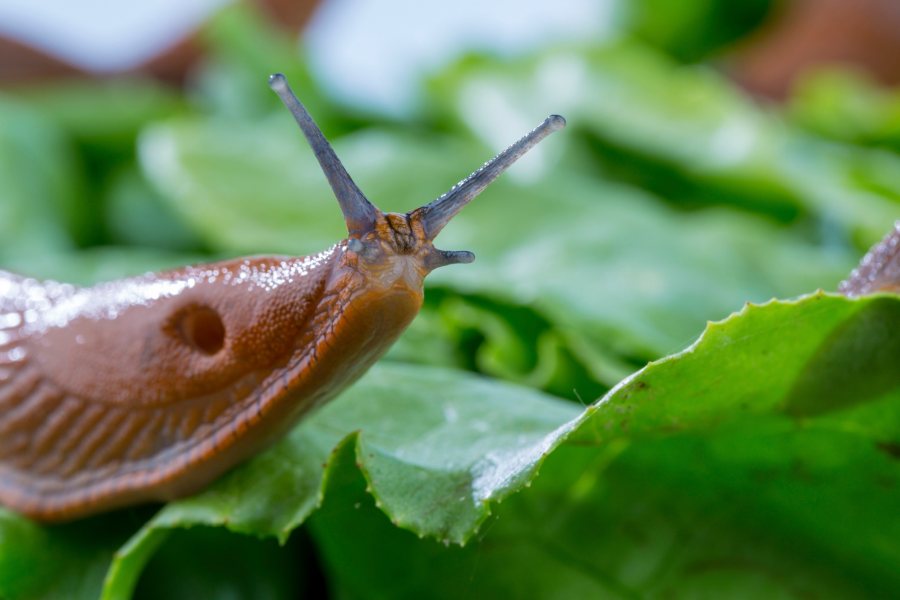
Thirty arable farmers are needed for a £2.6 million project seeking to provide the sector with precision slug control solutions.
Slugs are arable farming’s biggest pest issue which is estimated to cost the UK industry about £43.5 million per year.
Since the ban on metaldehyde, there is now only one form of chemical control for slugs – ferric phosphate pellets.
But now a new three-year project, named 'SLIMERS', is seeking 30 arable farmers to join over 100 others to find two sustainable slug control solutions.
The project, funded by Defra’s Farming Innovation Programme, is being led by the British On-Farm Innovation Network (BOFIN).
Project lead and BOFIN founder, Tom Allen-Stevens said: “Developing solutions to tackle these pests sustainably could be a game-changer for the entire industry and wider supply chain.
"The aims are to reduce reliance on slug pellet usage through precision application of treatments to slug hotspots and advance alternative biological control, both via an economically viable approach."
The first stage will be the recruitment of 30 ‘slug sleuths’ – a group of farmers determined to overcome their slug burdens – who will be selected and paid to host trials on their own farm.
They will test the developing technology and novel patch location forecasting to help researchers learn more about slug behaviour in a bid to create a long-term solution.
Next, robots will move in, bringing cutting-edge slug identification and spot-treatment technology, building on the SlugBot project which was carried out by Small Robot Company and Crop Health & Protection (CHAP).
The farmers will work side-by-side with the autonomous bots to improve the AI models and advance pellet-free biological solutions.
While this technology will be tested on-farm by farmers, it will be supported and refined in laboratories, guided by scientists, and will include slug patch location forecasting and autonomous solutions for precision control.
Dr Jenna Ross OBE, from UK Agri-Tech Innovation Centre, Crop Health and Protection (CHAP), is the project’s technical lead.
She said farmers "urgently need" alternative control measures that are "effective, sustainable, environmentally and societally acceptable, and economically viable".
"This project utilises the consortium’s unique expertise to develop cost-effective digital autonomous slug monitoring, forecasting and precision treatment tools, thus delivering on-farm game-changing solutions to benefit farmers.”
